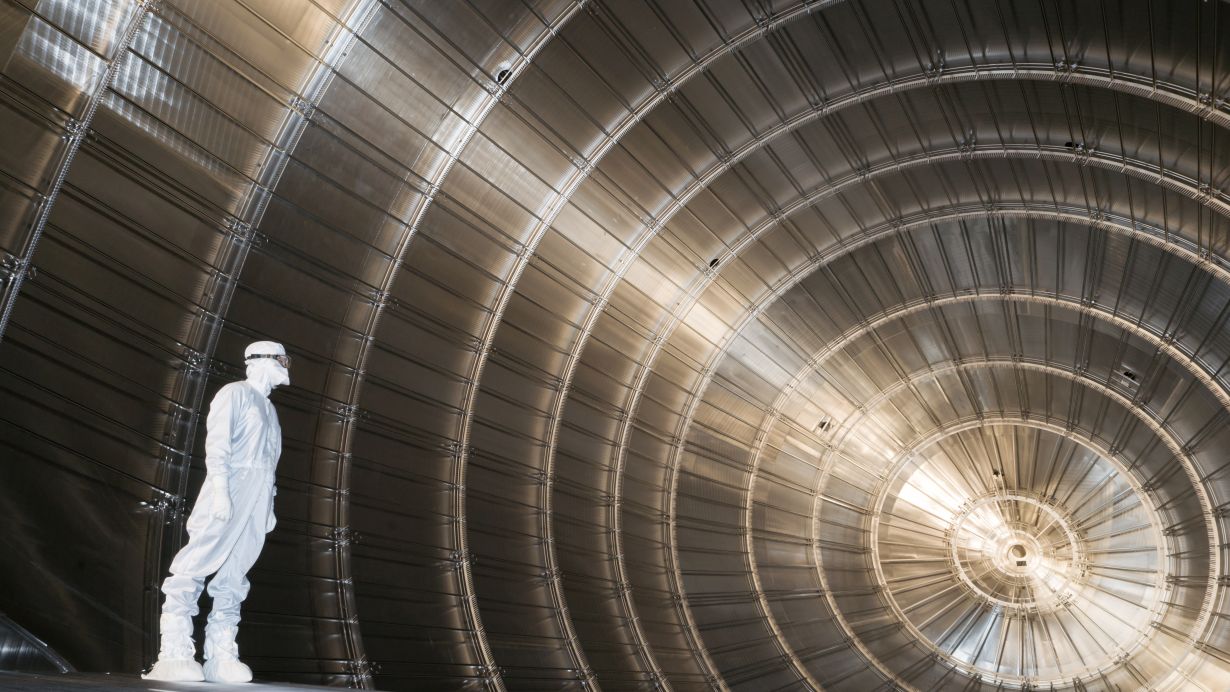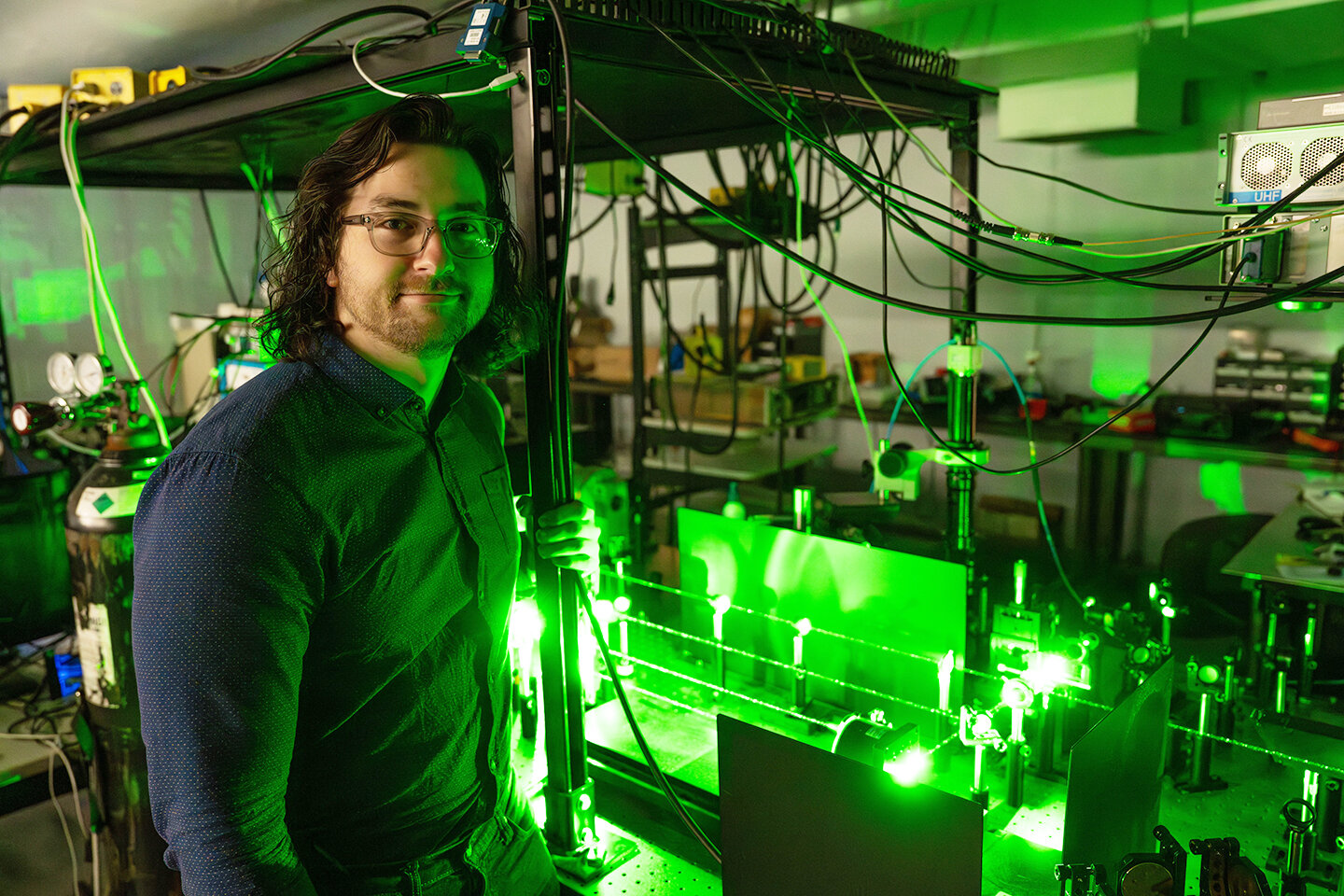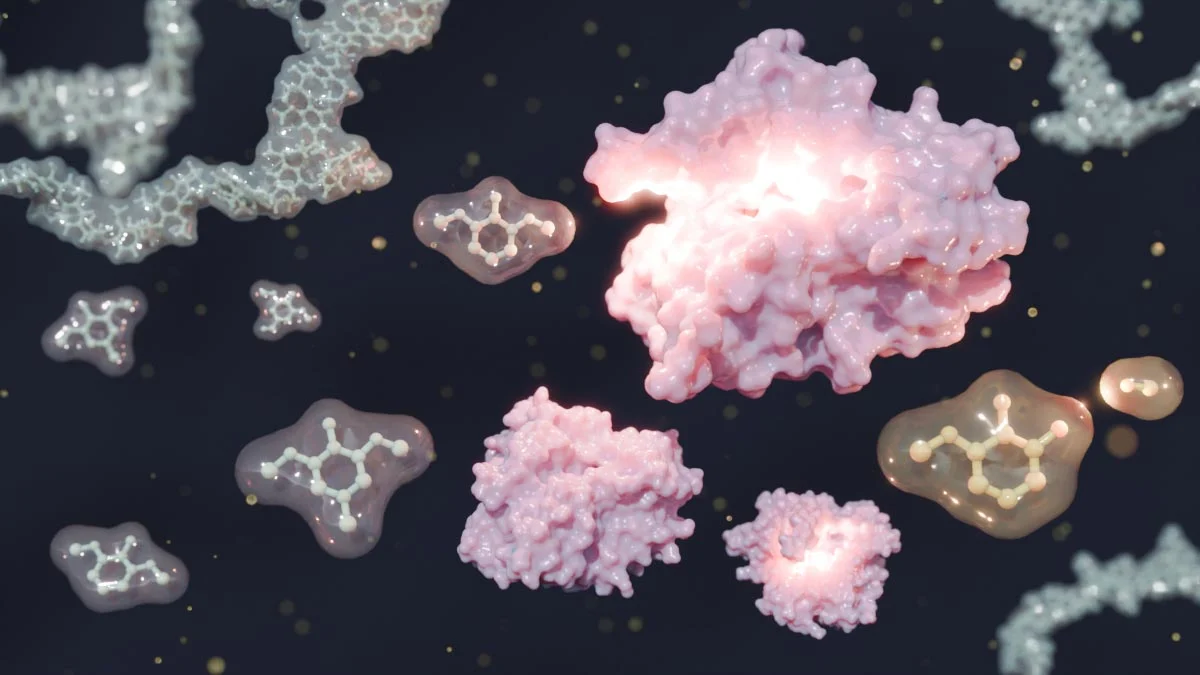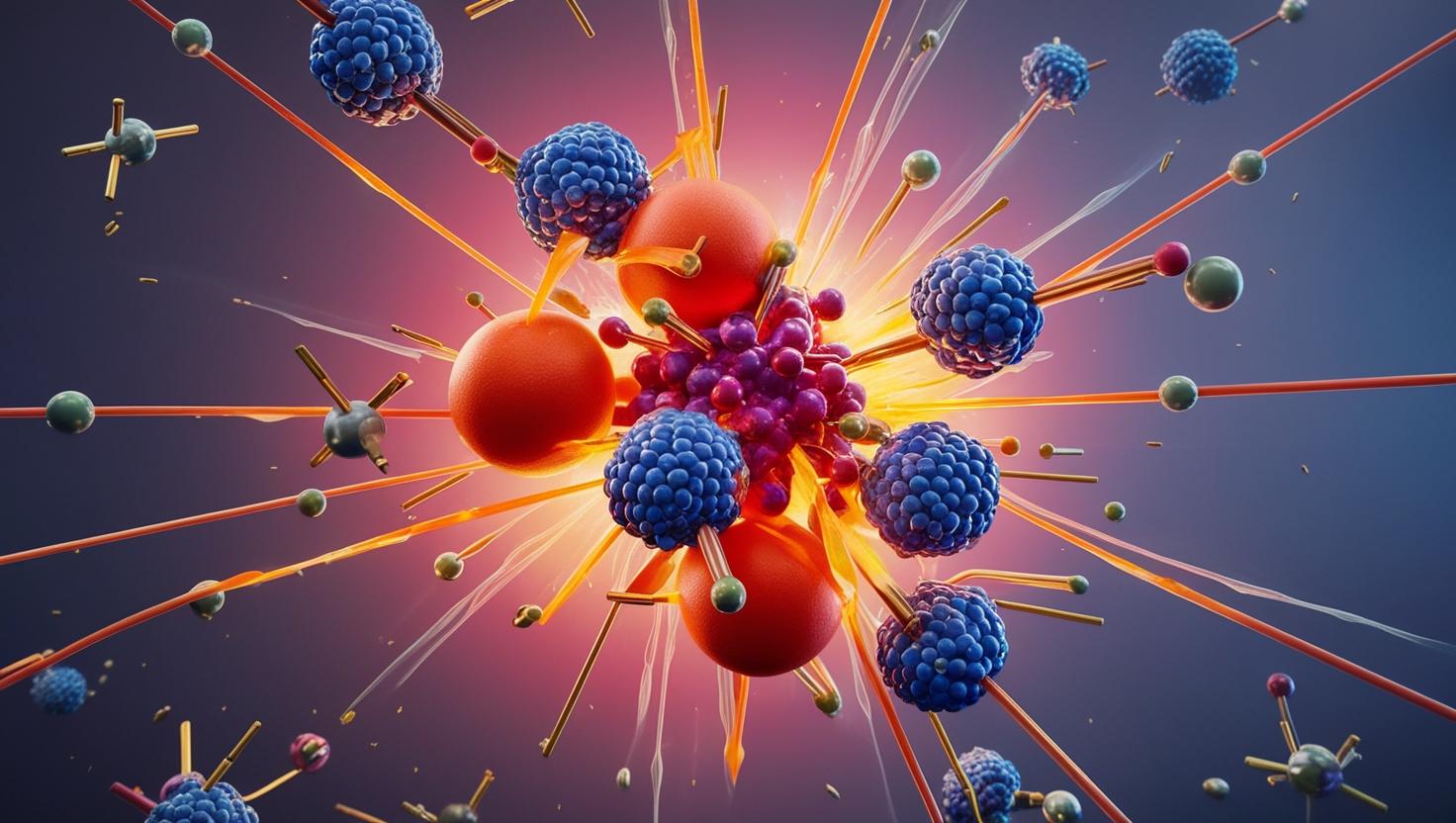This graphic is a representation of how FaceAge might be calculated from a photo of a patient. The patient in this photo is AI-generated. Credit: Mass General Brigham
👁️🗨️ What Can Your Face Reveal About Your Health?
Imagine a future where a simple photograph of your face could tell doctors more about your health than a blood test. That’s exactly what researchers at Mass General Brigham are working toward with an artificial intelligence tool called FaceAge. This deep-learning algorithm can estimate a person’s biological age—an indicator of their physical health—just from a facial photo.
Biological age isn’t the same as the number on your birth certificate. Instead, it reflects how “aged” your body truly is based on factors like stress, illness, and lifestyle. The more it deviates from your actual age, the more insight it can offer into disease risk and life expectancy.
🔬 The Science Behind FaceAge
Developed using over 50,000 patient records and facial images, FaceAge was trained to recognize subtle patterns in facial features—like skin texture, muscle tone, and bone structure—that correlate with aging and health conditions.
The team tested FaceAge across three different cohorts of cancer patients. In each group, they found that when a patient’s predicted biological age was higher than their actual age, that patient had a significantly worse survival rate. This held true even after accounting for traditional health indicators.
In one striking example, FaceAge was used to estimate six-month survival probabilities for patients receiving palliative radiotherapy. The model performed better than seasoned clinicians at identifying patients unlikely to survive beyond six months—information critical to tailoring compassionate and effective care plans.
Read more here.
🧠 Why This Matters
The implications of FaceAge extend well beyond cancer care. In a world increasingly reliant on personalized medicine, knowing someone’s biological age can help guide treatment choices, anticipate health risks, and even motivate healthier lifestyle changes. And because FaceAge relies only on a photograph, it’s potentially a low-cost, non-invasive, and scalable solution for medical diagnostics.
⚠️ The Road Ahead: Bias and Ethics
Despite its promise, tools like FaceAge must be used with care. AI models can inherit biases from their training data, especially when populations like people of color or the elderly are underrepresented. Researchers are working to validate the model across diverse patient groups and clinical settings to ensure equitable healthcare outcomes.
🤔 Could Your Face Hold the Key to Better Health?
If AI can read our health from our faces, what else might it uncover? Could this technology be used one day in routine checkups, or even via smartphone apps?
As FaceAge moves closer to real-world clinical use, one thing is clear: the line between technology and biology is blurring—and our faces might just be the new frontiers of medicine.










